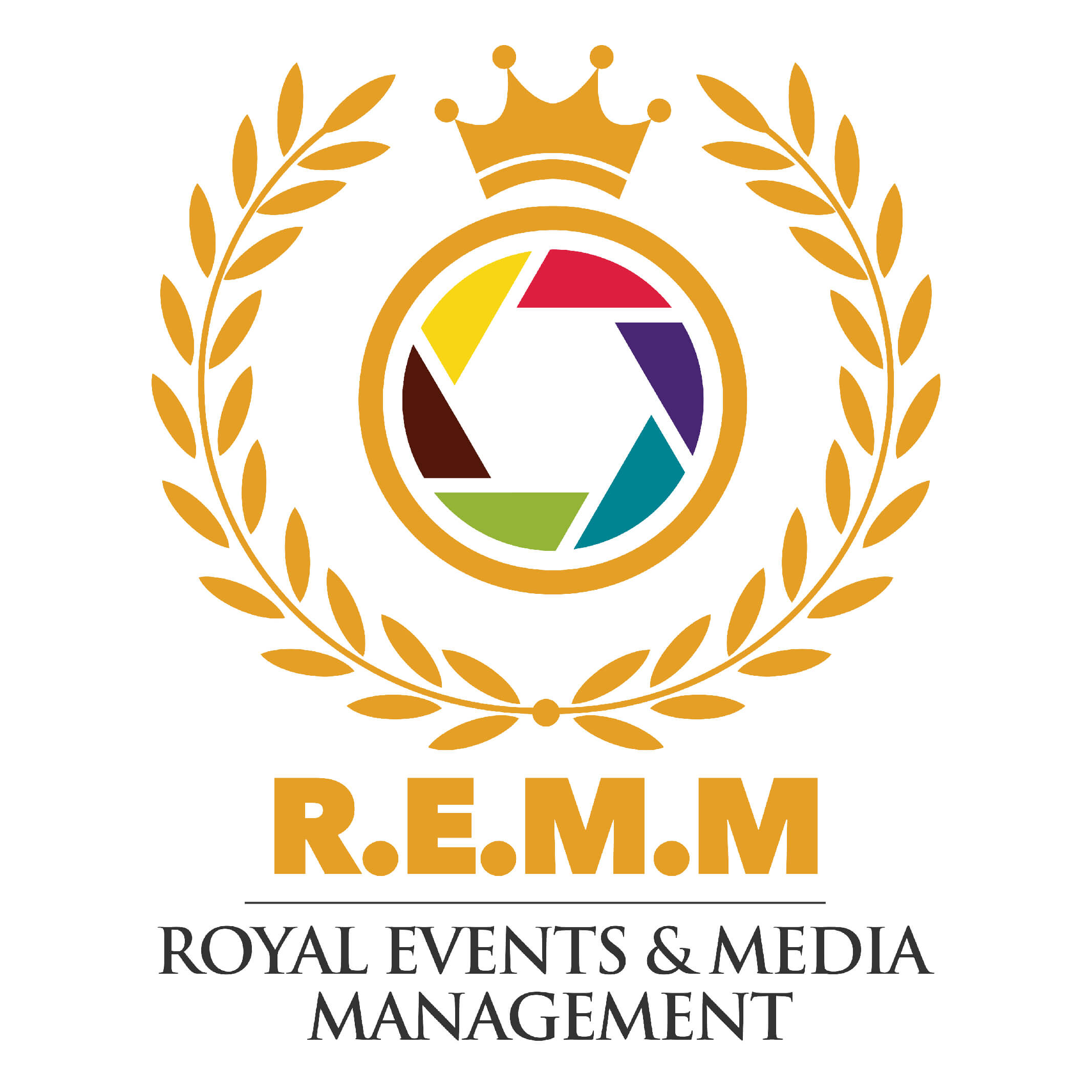Effective communication is essential for successful event planning and coordination. As an event coordinator, your ability to communicate clearly, engage stakeholders proactively, and manage expectations directly impacts the success of your events. In this guide, we’ll explore critical communication strategies to help event coordinators excel in stakeholder engagement and expectation management.
1. Establish Clear Communication Channels
Set up reliable and accessible communication channels to ensure seamless interactions with stakeholders. Combine tools like email, phone calls, video conferencing, and project management platforms to facilitate timely and efficient communication. Platforms like Slack and Asana can enhance team collaboration and keep everyone informed.
2. Define Roles and Responsibilities
Clearly outline the roles and responsibilities of all stakeholders, including clients, vendors, sponsors, and team members. Ensure that each party understands their duties, timelines, and expectations to avoid miscommunication. For more insights on project management, explore Project Management Institute’s Guidelines.
3. Regular Check-Ins and Updates
Schedule consistent check-ins and updates with stakeholders to keep them informed about progress, milestones, and any changes to the event plan. Use these opportunities to address concerns and gather feedback to maintain alignment and collaboration. Tools like Zoom can facilitate effective virtual meetings.
4. Be Proactive and Responsive
Anticipate potential issues and address them before they escalate. Be responsive to stakeholder inquiries and feedback, providing timely and professional responses. This approach demonstrates your commitment and builds trust. Learn more about proactive communication at Forbes Communication Council.
5. Set Realistic Expectations
Manage stakeholders’ expectations by setting realistic goals, timelines, and deliverables. Be transparent about potential challenges and limitations, ensuring that stakeholders have a clear understanding of what is achievable. Read more on setting realistic goals from Harvard Business Review.
6. Listen Actively and Empathetically
Practice active listening and empathy to fully understand stakeholders’ needs and concerns. This approach builds rapport and trust, fostering a positive working relationship. For more on active listening, visit MindTools.
7. Tailor Communication Styles
Adapt your communication style to suit the preferences of different stakeholders. Whether they prefer formal written communication or informal verbal updates, tailoring your approach ensures effective collaboration. Explore communication style adaptations at Communication Coach.
8. Manage Conflict Diplomatically
Conflicts may arise during the planning process. Handle these situations diplomatically by remaining calm, objective, and focused on finding solutions. Seek common ground and work towards mutually beneficial resolutions. Gain more tips on conflict management from The Balance Careers.
9. Celebrate Achievements and Milestones
Recognize and celebrate achievements and milestones during the event planning process. This practice boosts morale and motivation among stakeholders, reinforcing their contributions to the event’s success. Learn about team motivation techniques from Inc..
10. Seek Feedback and Continuous Improvement
After the event, gather feedback from stakeholders to assess satisfaction and identify areas for improvement. Conduct post-event surveys, debriefings, or one-on-one meetings to refine your communication strategies for future events. For best practices in feedback collection, visit SurveyMonkey.
By applying these communication strategies, event coordinators can build strong stakeholder relationships, manage expectations effectively, and achieve successful event outcomes.
Keywords: effective communication, event coordinators, stakeholder engagement, managing expectations, communication strategies, event planning, proactive communication, conflict management, feedback, continuous improvement.

